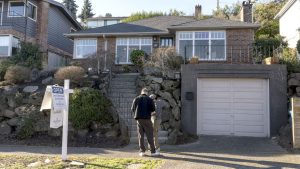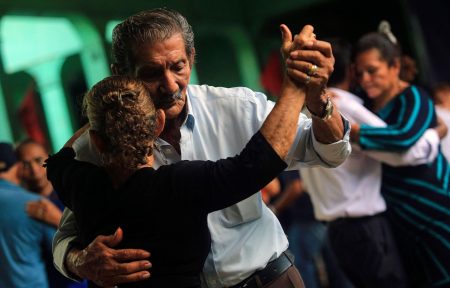Aging solo is a result of many factors. Some solo agers are widowed, or never married. Some have lost a long-time partner. Some have no kids, and some are estranged from their adult children. Some are not estranged from kids, but they have no reliable family at all, as their kids are incapable of helping. Whatever the cause of being alone as one ages, it’s important to look ahead and have a plan.
Top Four Risks To Consider
Finances
Financial resources are at the top of the list when we look at what issues might come up as one ages alone. We all like the fantasy that we will be vital and independent as we age, right up to the end of life, but reality is different. About 70% of U.S. adults 65 years of age and older will need some form of long term services, such as care at home. If you see yourself as a solo ager, can you afford such things as home care, should the need arise? Can you pay the average cost of an hourly worker, even part time? In 2020, the average for example, in New York, was $26 per hour, or about $59,000 a year. The national median cost for non-medical home care in 2024 was around $30 per hour for homemaker services and $31 per hour for home health aide services, as reported by the Genworth Cost of Care Survey, referenced by the U.S. Department of Health and Human Services. Ask yourself: how would you pay for care if you needed it?
Emergencies
People who live alone may have a friend nearby or someone in their lives they trust in case of emergency. But take a closer look at whom to trust. Some may be like an 88 year old client I once met at her request to look at some legal paperwork. We’ll call her Aging Lady (AL). I made a home visit, as she did not drive anymore, and she lived alone in her own home. We discussed her paperwork and I asked if she had any relatives. She had no one except a niece who lived in another country. I said, whom would you call if you fell or had some other problem here at home? She said she totally trusted her good friend down the street, whom she had known for many years. I asked AL how old her friend was. “She’s 90, AL said, but she’s very intelligent. She’s going blind now but she is very reliable.” I reached out to the niece but I was not sure she was going to take action. I did my best to convince her to help her aunt do some good planning. AL, aging alone had not done anything to really protect herself in case of emergency.
Isolation
It is well established in aging research that social isolation leads to bad health outcomes. We evolved in tribes and most of us do need connection to others, particularly as we age. For those who are not used to taking initiative socially, it can be very difficult to create and maintain new relationships as they grow older. A spouse or partner dies. Friends move away or pass away. Family disappears or becomes estranged for any number of reasons. The older person has to adapt to these changes to protect against loneliness and isolation. It takes work. Joining things, connecting to a faith community, enrolling at anything of interest at a community center, community college, or senior center can be protective. If you are a solo ager, or see that you will likely become one, have a plan. Having a social life of some kind is important for your health. Do what you enjoy and friendships can evolve from being part of a group on a regular basis.
Legal Paperwork
Few of us want to pay a lawyer to draft or update essential paperwork addressing what happens after we die. It’s not a pleasant thought nor undertaking. But having your wishes respected at the end of life is important and your “healthcare power of attorney” or Advance Health Care Directive will help. On that document you can appoint anyone capable of advocating for you if you could not speak for yourself. While you’re at it seeing an attorney, be sure you don’t leave a mess behind when you’re gone. Get that will and trust and financial power of attorney done too. Having your affairs in order does give a person peace of mind.
Takeaways
We can all expect that down the road of aging in our lives, we will have challenges. These can become harder to manage when we age alone. Based on what we see at AgingParents.com, where we advise elders and families on healthcare and legal matters, all to many solo agers are not planning well. Should you find yourself in that situation, do the basics and consider the risks mentioned above. When you have your finances in order, and your legal paperework done, that is comforting. Choosing a right person to help you in an emergency, and finding a group for regular activity both contribute to success in the later part of your life, solo or not.
Read the full article here









